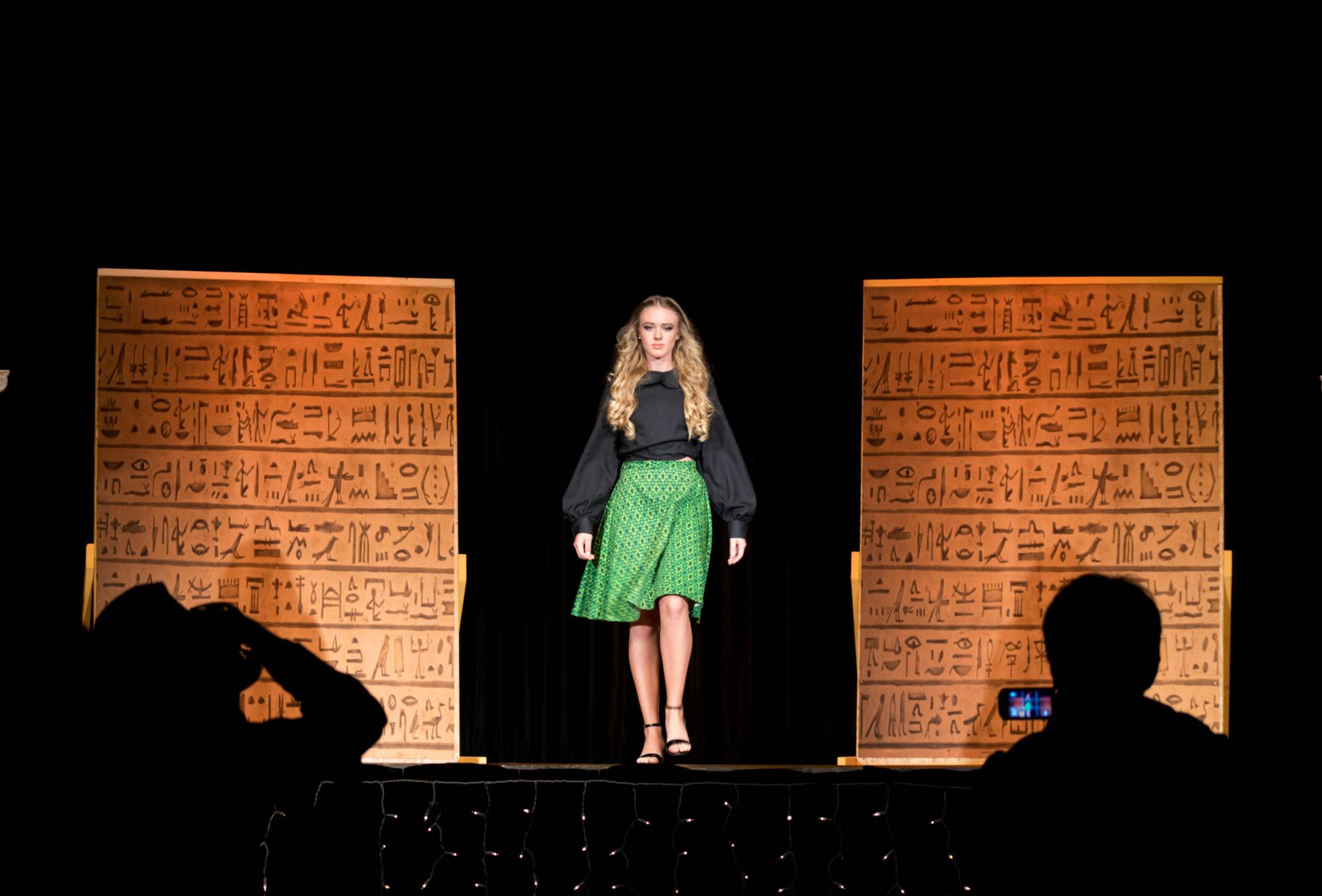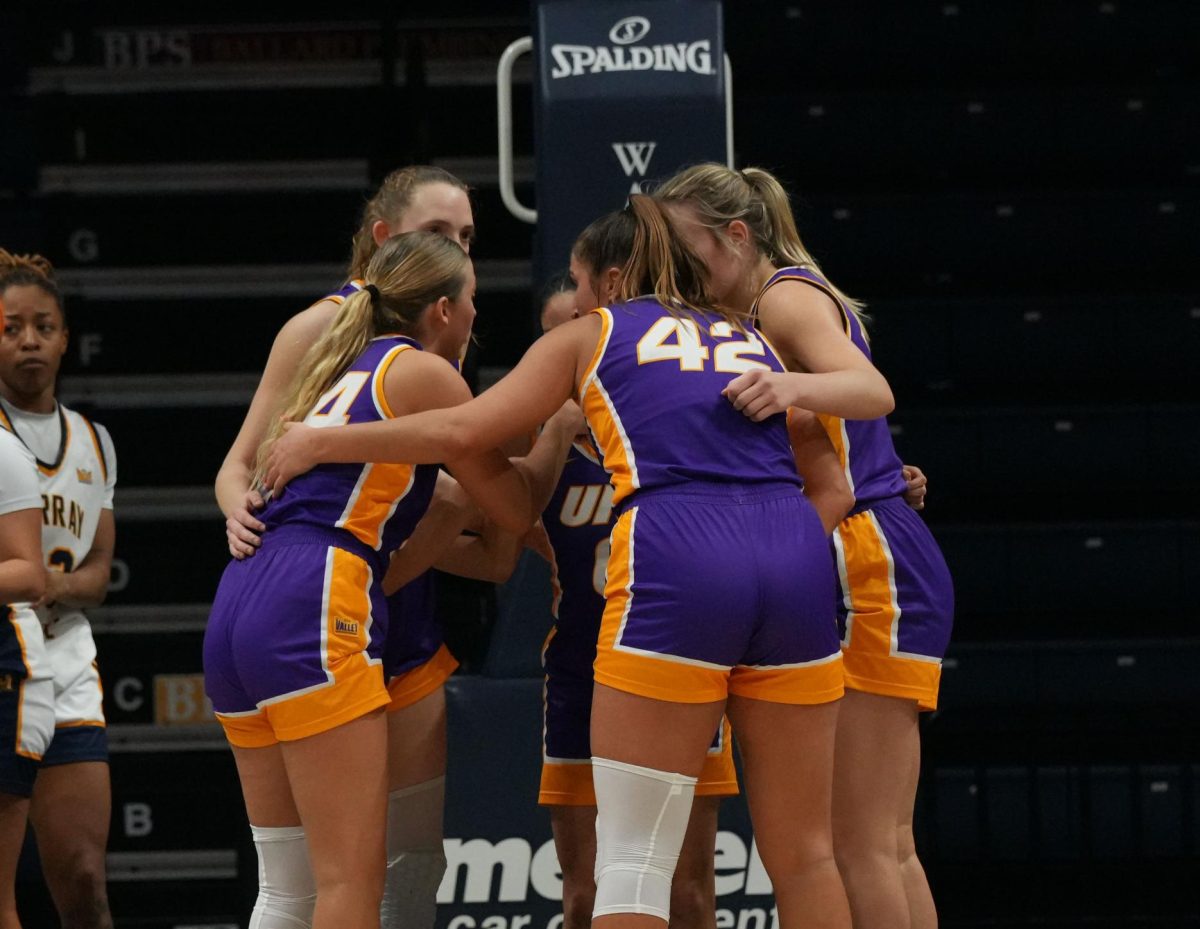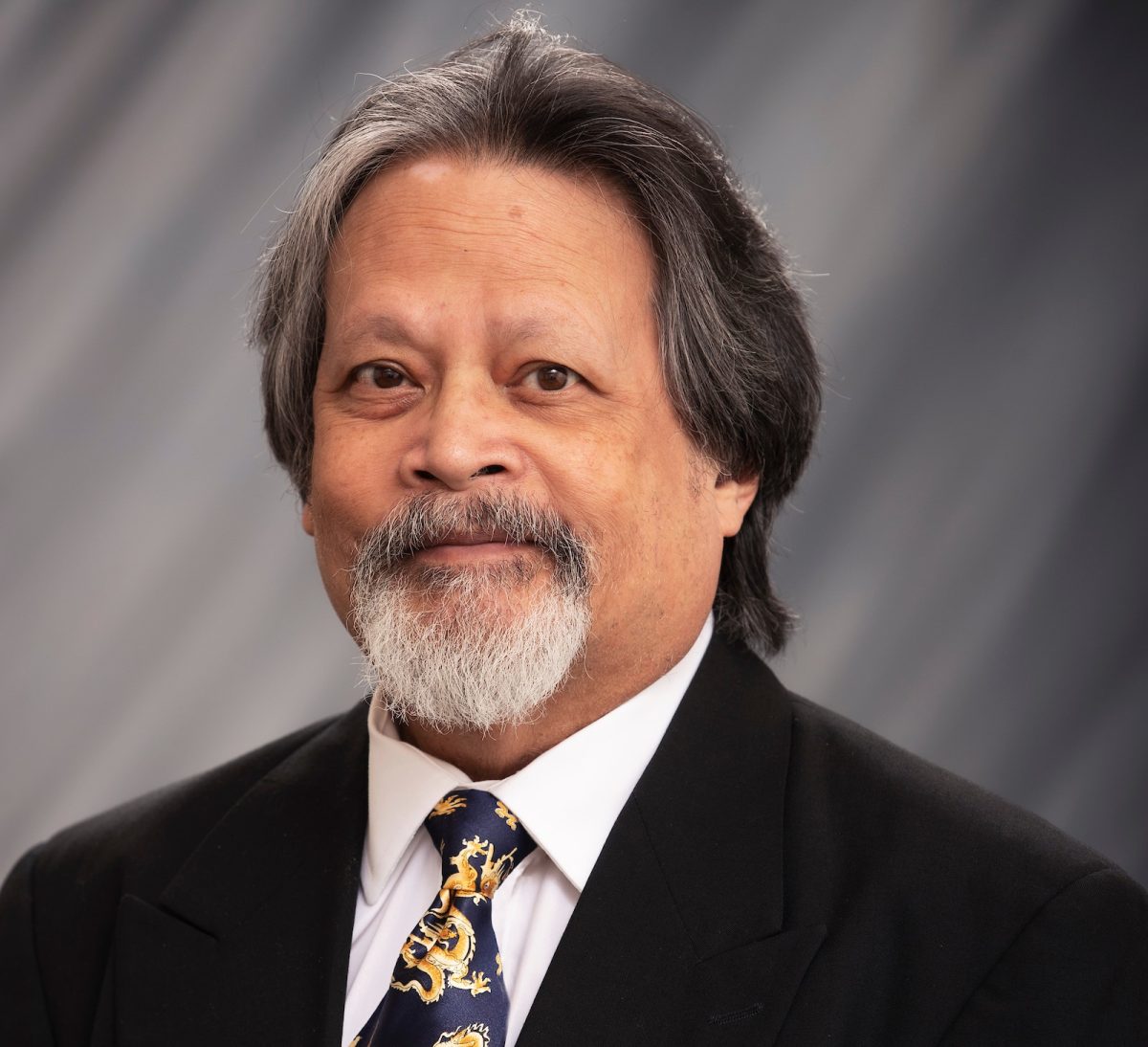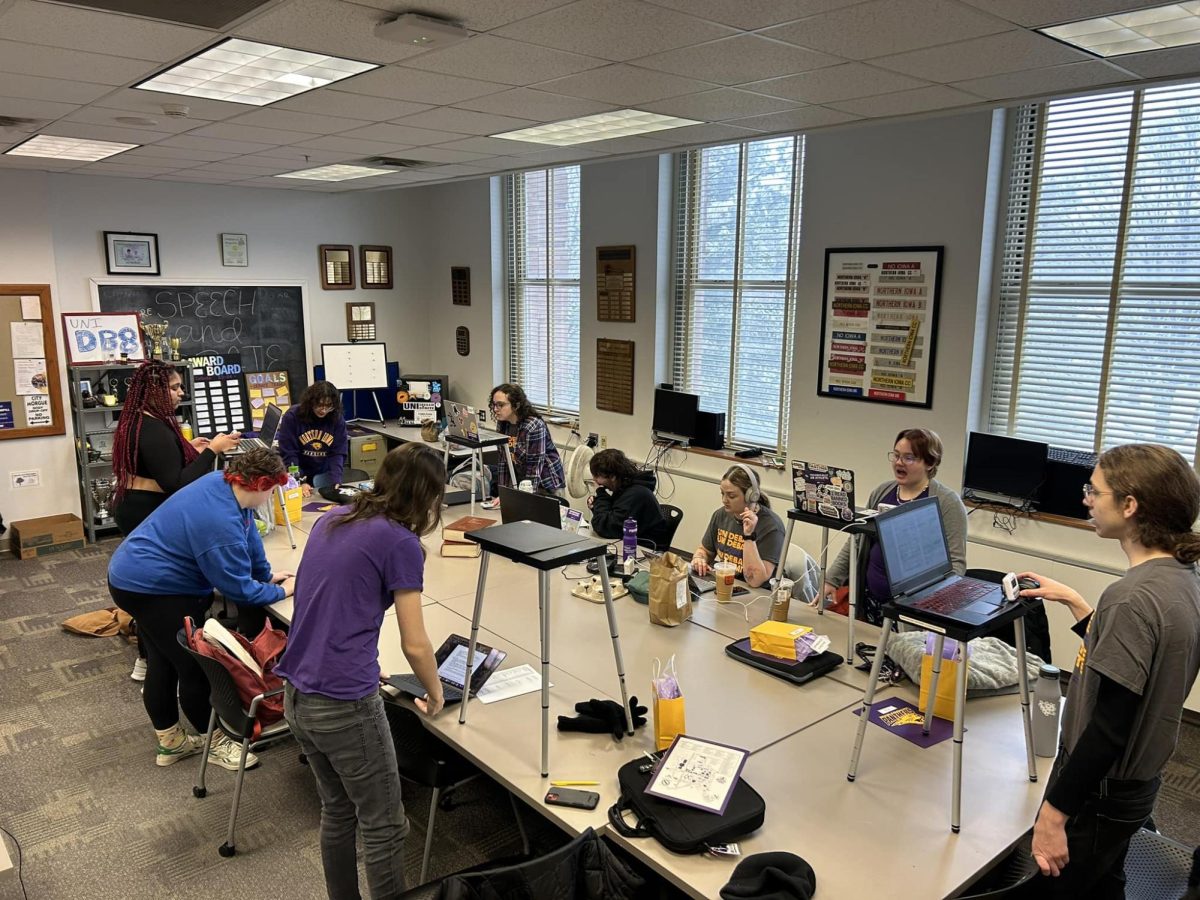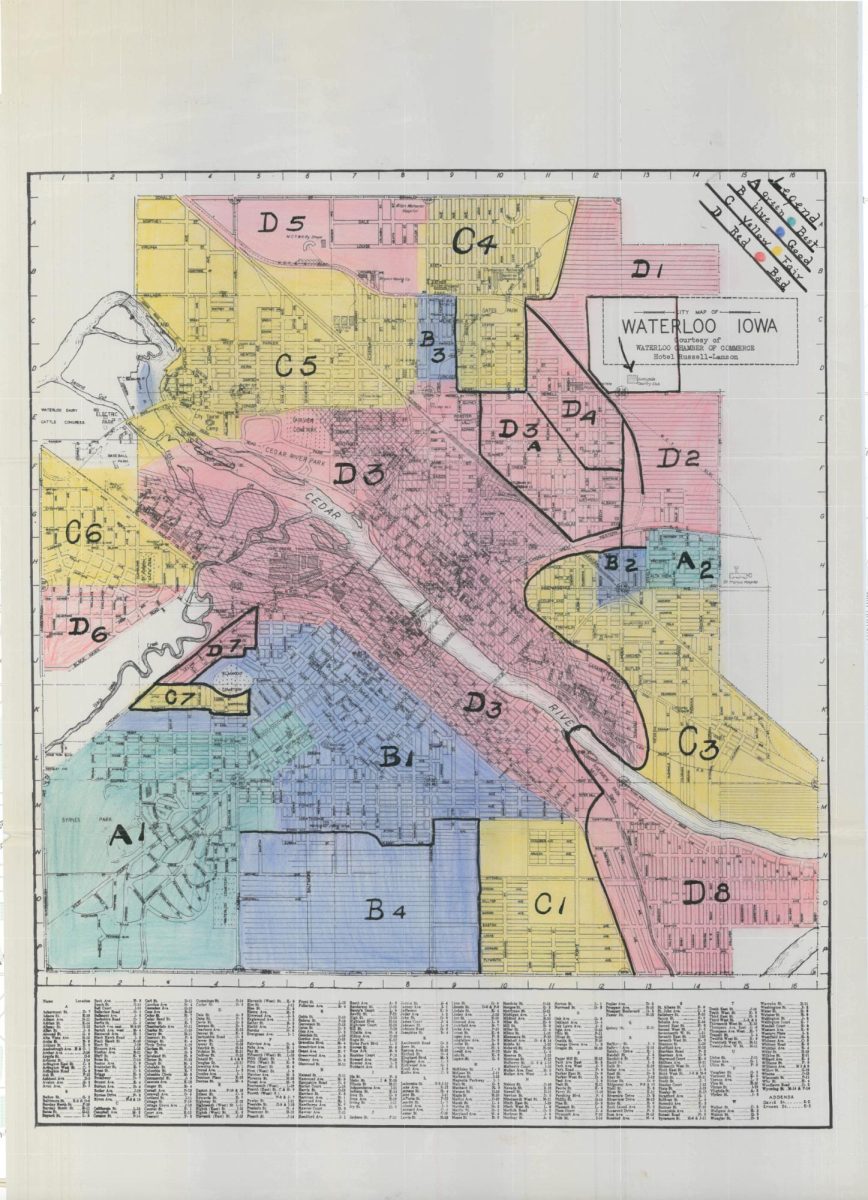The lights are dwindling on UNI’s Textiles and Apparel Program (TAPP) as faculty retirements and low student interest have led to the program not accepting new students.
“Due to faculty retirements, we have paused recruitment of new students into the program,” said Brenda Bass, Dean of the College of Behavioral Sciences, over email. “While the program is not officially ‘closed,’ our top priority is to provide the current students with the coursework and educational experience they need to complete the major and be successful post-graduation.”
There are currently 14 declared students majoring in Textiles and Apparels. By the end of the fall semester, six of them are expected to complete their major coursework, according to Bass. Two are expected to complete the coursework during the spring 2024 semester, with the remaining six expected to be done in the summer or fall 2024.
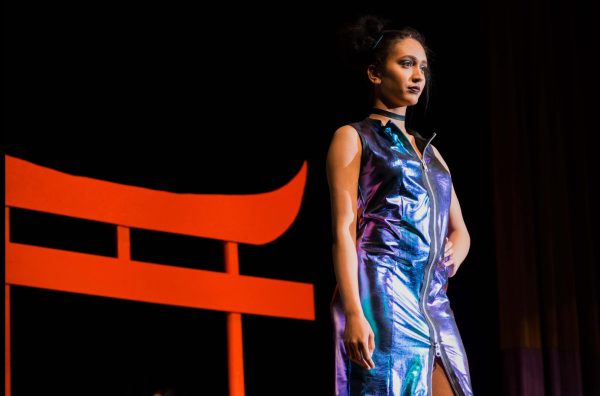
One of those students is Lily Munnik. She is a sophomore in the program, making her one of the youngest students in the major.
“Everyone kind of assumes it’s just like fashion and styling, but it’s so much more than that,” she said. “There’s sustainability within the fashion industry. There’s culture, there’s ethnicity. I mean, you know, a lot of people identify themselves with how they dress.”
When she came to visit UNI during her senior year of high school, she took a tour of the department with former UNI professor Annette Lynch.
“When I found out this was an opportunity at UNI I was totally in, like, no second guessing,” Munnik said.
Lynch retired in May of 2022, and she hasn’t been alone. The only remaining full-time professor in the program is set to retire after this semester. Bass anticipates that five part-time faculty will teach the remaining classes in the spring.
Department Head Bill Henninger commented via email on the opportunities the program was designed to offer students.
“The program has always focused on providing hands-on experiences,” he said. “This includes the materials testing lab, apparel construction (i.e., sewing) lab and fabric printer (to design fabric). In addition, there has been the annual CatWalk show, where students display their fashion designs.”
Henninger said that the program was designed to capture various aspects of the fashion and merchandising industries. Alums have gone on to work at companies including Adidas, Amazon Fashion, Cabelas, North Face, Target and more.
While Munnik has had a wide variety of experiences in classes, her options for courses have become a lot narrower as the university struggles to have faculty to teach in the program.
Sometimes I’m worried I’m not getting the entire amount of education that I was hoping for, or that I need for the industry.
— Lily Munnik, Sophomore Textiles and Apparels major
A good portion of Munnik’s classes have been instructed online, taught by faculty who no longer live in the Cedar Falls area. She has also had a number of classes that intertwine multiple concepts. For example, she had a class last year that covered both fashion event planning and marketing all in one. The number of courses offered has also been very limited.
“A lot of [course offerings] were just completely cut so that we could finish our major as soon as possible, which is disappointing, but I mean, I’m also done with my major after this year, and then I can work on my minors and stuff,” she said. “So that’s exciting for me, personally, but sometimes I’m worried I’m not getting the entire amount of education that I was hoping for, or that I need for the industry.”
While Munnik’s time at UNI has looked a lot different than she had originally expected, she is hopeful that eventually the program will be able to rebound.
“I always feel like in every school setting, not just at UNI, arts and creative fields are underfunded and not really looked up upon,” she said. “I think the fashion industry is such an important thing, and it’s so broad, and it’s always going to be a thing in the world.”
“I know Iowa State offers a great fashion program, so there’s always that option, but for people like me, who grew up here in Cedar Falls and kind of wanted to stay home in a smaller, tighter community instead of going to a big city it is really disappointing.”
As far as the future goes, Bass says the university will continue looking at “different options based on available resources, level of prospective student interest, and the shifting landscape of the industry.”

